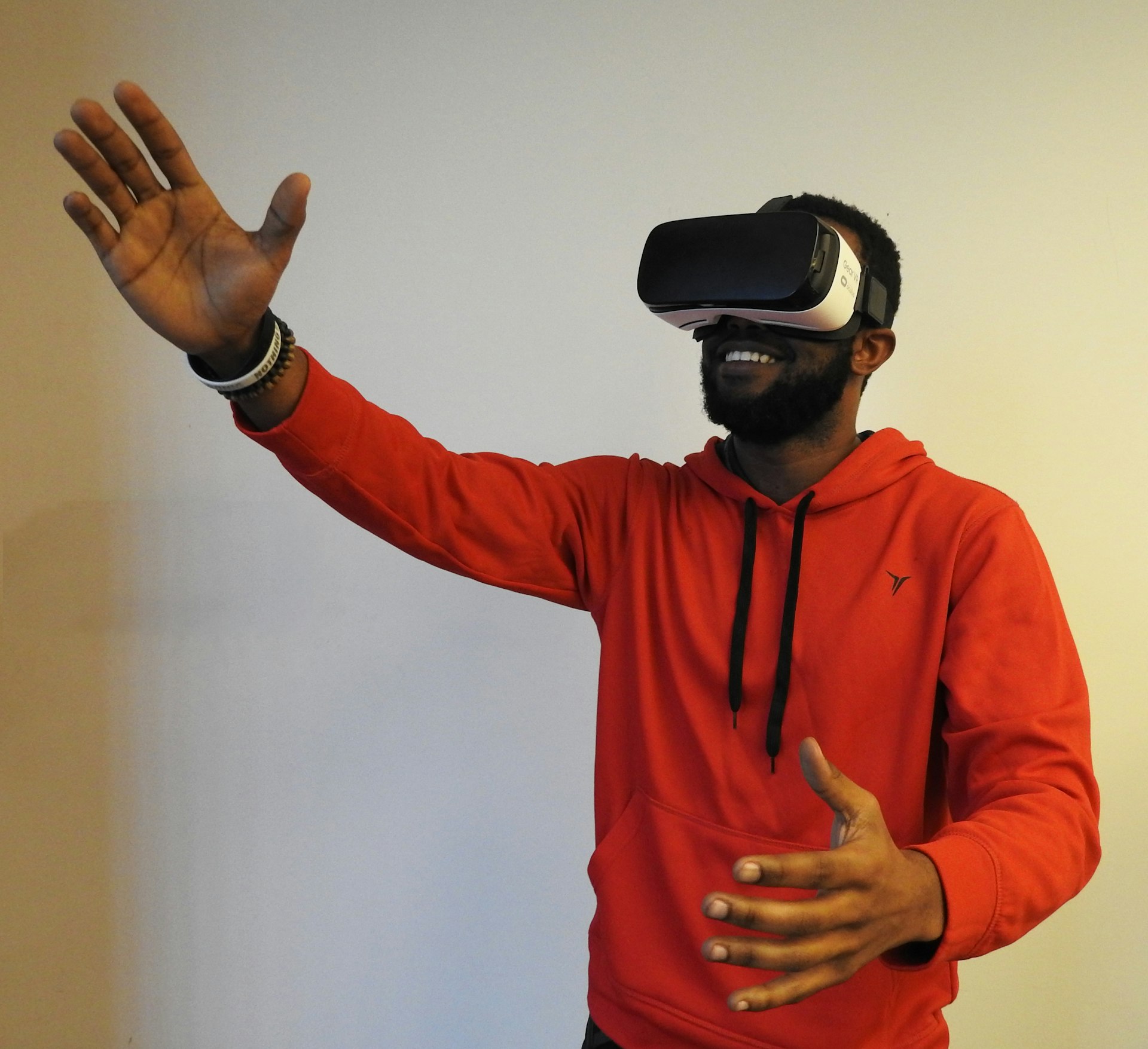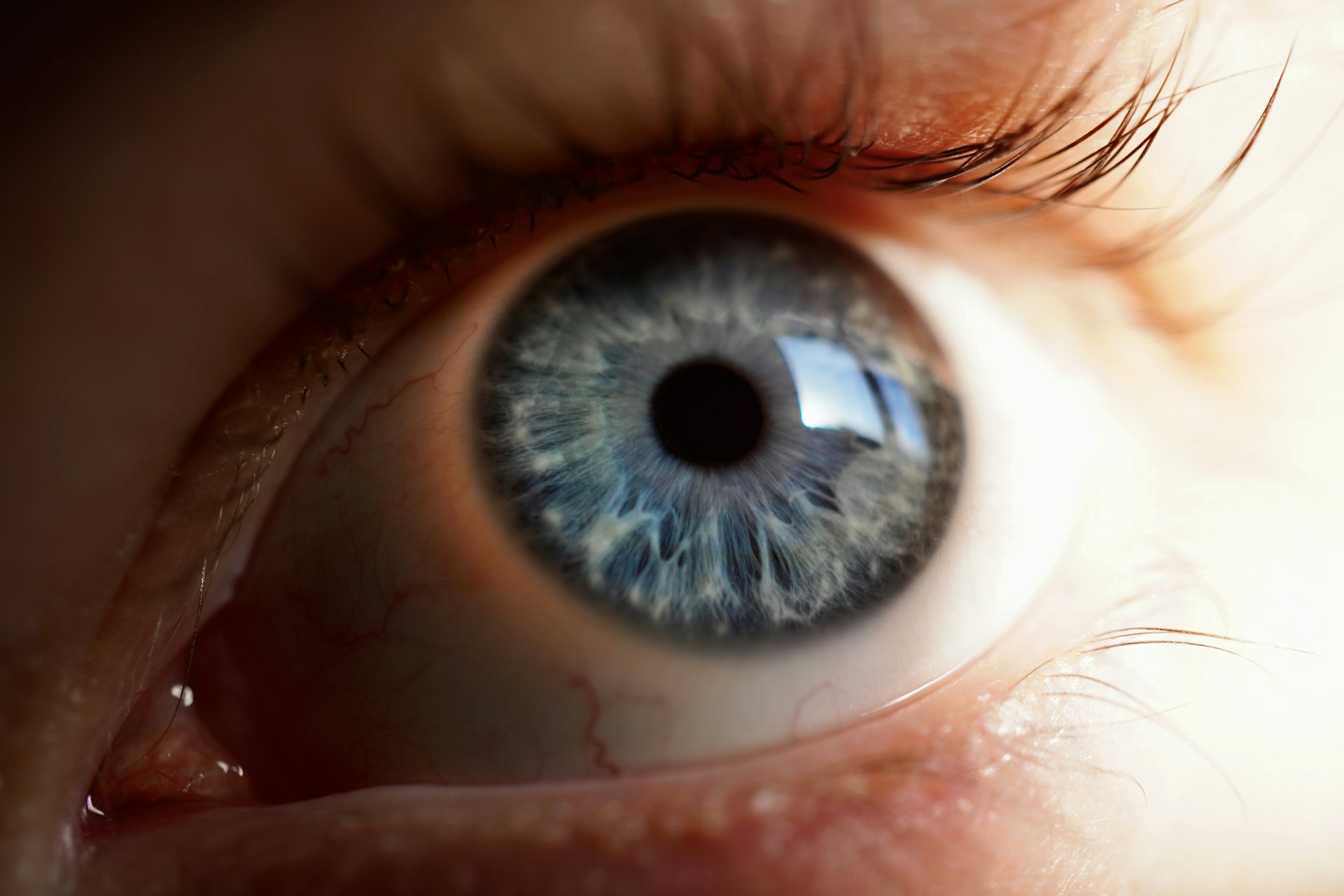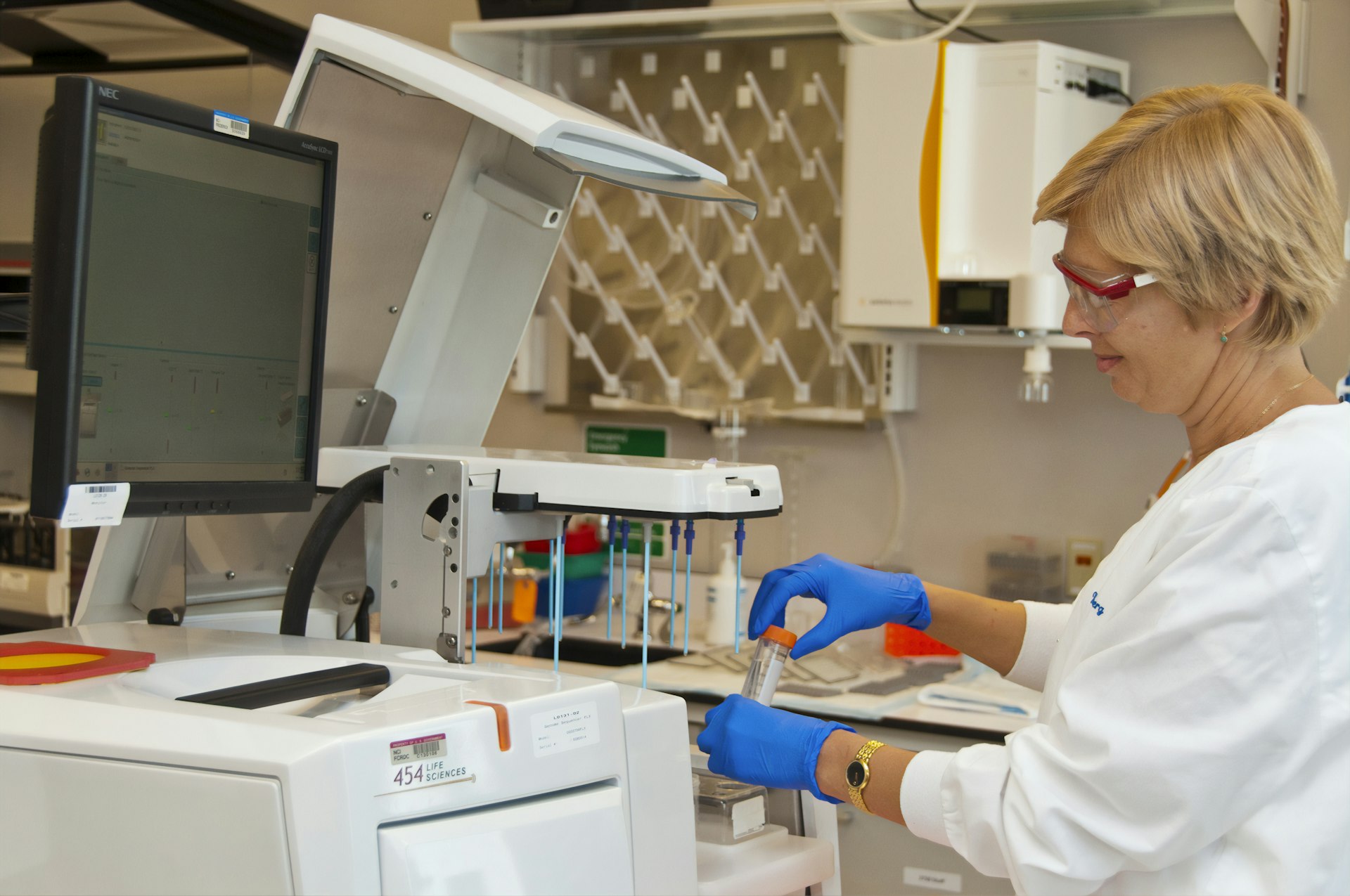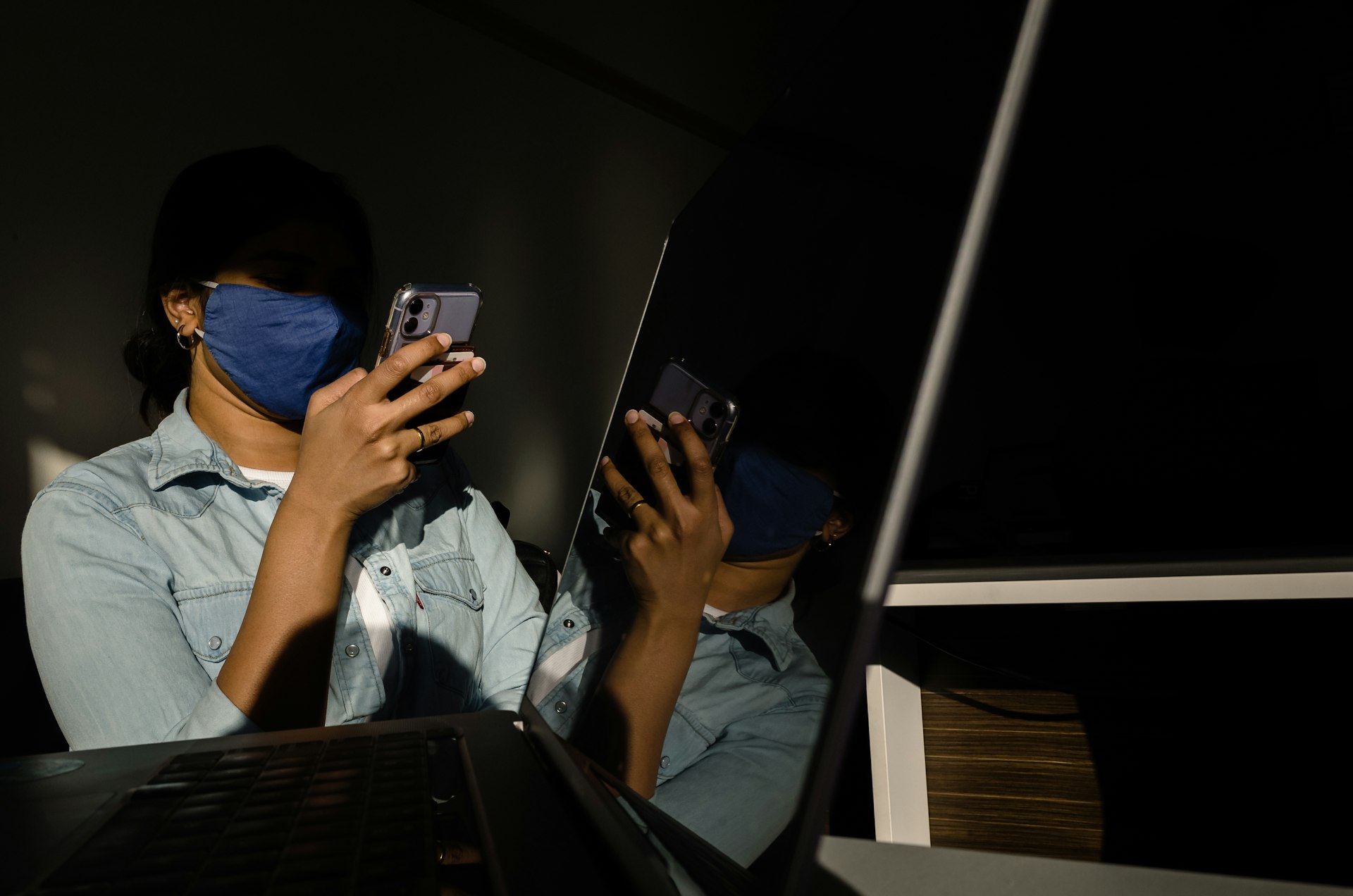Understanding and Addressing the Impact of Social Media on Teenage Mental Health

Photo by Gaelle Marcel on Unsplash
Introduction: Social Media’s Influence on Teen Well-being
Social media platforms are woven into the daily lives of nearly every teenager. With the Pew Research Center reporting that 95% of U.S. teens use social media and one-third are online almost constantly, questions about its effect on adolescent mental health are more urgent than ever [1] . This article examines the evolving relationship between social media and teenage mental health, distilling key findings from recent research, offering actionable guidance for families, and outlining practical steps for accessing support and resources.
Key Trends and Statistics
Recent studies show a clear rise in mental health concerns among teens, which many experts link to social media use. For example:
- Children and adolescents who spend more than three hours a day on social media face double the risk of mental health problems , including depression and anxiety symptoms [1] .
- More than one in ten adolescents (11%) struggle to control their social media use and experience negative consequences, a pattern experts call “problematic social media behaviour” [3] .
- About one-in-five teens say social media hurt their mental health (19%) or grades (22%) [5] .
- With 13% of 12-17-year-olds reporting depression and 32% reporting anxiety, mental illness is a growing concern for adolescent health [4] .
These numbers underscore the importance of understanding and addressing the risks associated with heavy social media use among teens.
How Social Media Can Affect Teen Mental Health
The relationship between social media and teen mental health is complex. Multiple large-scale studies have found associations between heavy social media use and increased rates of depression, anxiety, low self-esteem, and psychological distress in adolescents [2] . The World Health Organization notes that problematic social media behaviour can include addiction-like symptoms, such as:
- Inability to control usage
- Withdrawal symptoms when not online
- Neglect of school, hobbies, or other activities
- Negative consequences in daily life
Girls, especially those aged 15, report higher rates of problematic use compared to boys, and many teens say social media makes them feel worse about their bodies-46% of adolescents surveyed expressed this concern [1] .
Benefits and Positive Uses of Social Media
Despite the risks, social media offers significant benefits, especially when used mindfully. These include:
- Connecting with friends and communities
- Accessing peer support and mental health information
- Expressing creativity and finding identity
- Learning new skills and participating in social causes
Some teens report feeling more supported and less isolated thanks to online communities. For those who struggle with in-person communication, social media can be a lifeline. However, it is essential to balance these positive aspects with awareness of potential risks.

Photo by Natali Zorina on Unsplash
Practical Steps for Families and Teens
Families can take concrete actions to mitigate risks and promote healthy social media habits:
- Open Communication: Discuss social media use openly with teens. Ask about their online experiences, feelings, and any negative interactions. Create a safe space for honest conversations about mental health.
- Set Reasonable Limits: Experts recommend keeping daily social media use under three hours for adolescents. Use built-in device settings or third-party apps to monitor and limit screen time. Parents can review usage together with teens to foster self-awareness [5] .
- Encourage Offline Activities: Promote hobbies, sports, and spending time with family and friends offline. This helps teens build resilience and maintain balance.
- Monitor Content and Privacy: Guide teens in curating their feeds and managing privacy settings. Teach them to report inappropriate content and block harmful users.
- Seek Professional Support: If a teen shows signs of depression, anxiety, or addiction-like behaviour, consult a mental health professional. Consider speaking with your pediatrician, school counselor, or contacting local clinics for support. For guidance, visit the official American Psychological Association website and search “teen mental health resources.” You can also find reputable therapists through your health insurance provider’s directory.
Case Studies and Real-World Examples
Consider the story of “Adolescence,” a Netflix mini-series that reignited global discussion about the psychological impact of social media on youth [1] . Many teens in the series described feeling pressure to present a perfect image online and experienced anxiety when comparing themselves to others. In another example, a 2020 study found that people who deactivated their Facebook account for a month reported lower depression and anxiety, as well as increases in happiness and life satisfaction [4] .
These examples highlight both the risks and the potential for positive change when families take proactive steps.
Challenges and Solutions
One major challenge for families is the “almost constant” use of social media among teens. Many fear missing out on social interactions or feel pressure to stay connected. Solutions include:
- Modeling healthy device use as parents and caregivers
- Setting family tech-free times (such as during meals or before bed)
- Encouraging group activities that don’t involve screens
- Helping teens develop critical thinking about online content
Health professionals and policymakers also play a role by advocating for platform changes, such as warning labels and stronger privacy protections. The U.S. Surgeon General has called for such measures to highlight risks to youth mental health [1] .
Alternative Approaches and Additional Guidance
Families seeking more support can:
- Contact their pediatrician for a mental health screening
- Speak with school counselors about available programs
- Search for “teen mental health support” through their local health department
- Explore online resources from organizations like the American Academy of Pediatrics and the American Psychological Association
If you cannot find immediate help, use qualifying language when reaching out-such as “I am looking for mental health support for my teenager related to social media use.” Many communities offer free or low-cost counseling, and some schools have peer support programs.
Summary and Key Takeaways
Social media is a double-edged sword for teens: it can empower and connect, but it also exposes them to risks of depression, anxiety, and problematic use. By staying informed, setting boundaries, and fostering open conversations, families can help teens enjoy the benefits of digital connectivity while safeguarding their mental health. If you need help, consult your pediatrician, school counselor, or search for “teen mental health resources” on the websites of reputable organizations.
References
- [1] The REACH Institute (2025). Mind Over Minutes: How Youths’ Screen Habits Are Impacting Their Mental Health.
- [2] Stanford Law School (2024). Social Media Addiction and Mental Health: The Growing Concern for Youth Well-Being.
- [3] World Health Organization (2024). Teens, Screens and Mental Health.
- [4] Center for Research on Public Policy (2024). Social Media and Adolescents’ and Young Adults’ Mental Health.
- [5] Pew Research Center (2025). Teens, Social Media and Mental Health.
MORE FROM cheerdeal.com













